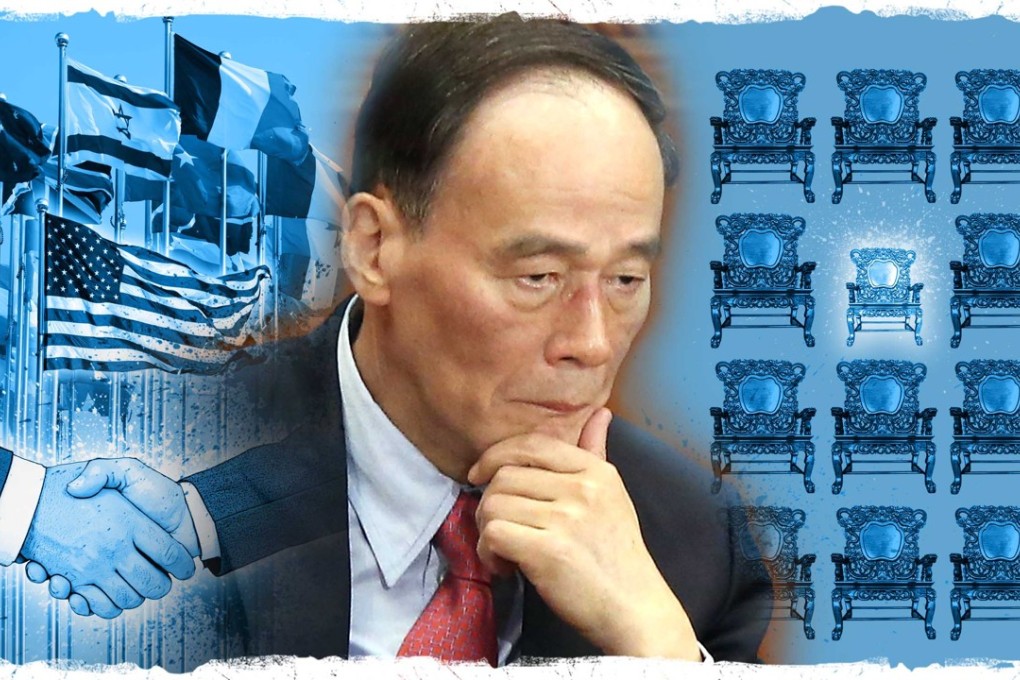Will Wang Qishan’s new job become a problem for the Communist Party?
Xi Jinping is expected to install his trusted ally as vice-president, but the question is how he will exercise real power without a senior party position

When China unveils the line-up of its top state leadership on Saturday, one man will probably receive more attention than President Xi Jinping – his trusted ally Wang Qishan.
With Xi’s status a certainty, all eyes will be on whether Wang, who retired from the Communist Party’s top echelon in October, will become the vice-president as expected. If that happens, it will mark a formal return of the 69-year-old to the centre stage of Chinese politics. He will become Xi’s wingman and transform a largely ceremonial position into a real seat of power.
Wang’s comeback has been a focal point of the highly choreographed meetings of the National People’s Congress. Weeks before the legislative sessions, various sources told the South China Morning Post that Wang would be named vice-president. It was all but confirmed by carefully arranged close-ups of Wang appearing on state broadcaster CCTV immediately after Xi and other members of the Politburo Standing Committee – China’s de facto power centre.
“Judging by how [CCTV] showed the top leaders, Mr Wang is essentially presented as No 8 among the top leaders,” said Dali Yang, a political scientist with the University of Chicago.

Most observers agree that Wang will play a prominent role in Chinese politics for the next five years and possibly beyond, but the key question is how he will do it.
The vice-president position has been a largely symbolic role in past decades, but that will not satisfy Wang, who is widely respected for his decisiveness and efficiency.